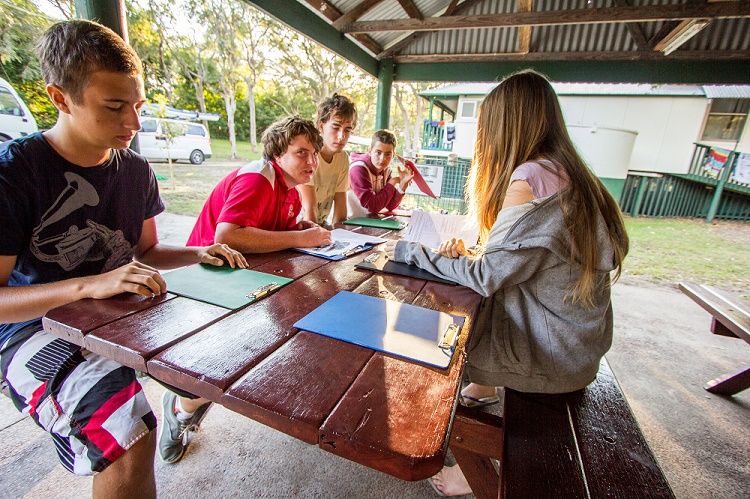In December the Prime Minister announced that the Australian Government would fund STEM innovation in Australia to the tune of 1.1 billion dollars over 5 years. The intention to boost our innovation and entrepreneurship is worthy. While money spent on school technology education in schools, should help, this is not necessarily the case. The effectiveness of the programs needs to be monitored. I think of the millions that the government has spent an Aboriginal Health and Education, with such slowly evolving progress.
The online training course for teachers may work, but what encouragement will teachers be given to undertake the course and how will the educational benefits of the course be measured? The national Science and Innovation Agenda will fund challenges and competitions for children. Let’s hope that this is not just preaching to the converted, and that the pre-school program becomes more than a form of amusement. Everyday we see young children playing with tablets and mobile phones – does this contribute to developing an innovative spirit or consumerism?
There is a cultural issue around the lack of Australian students being interested in STEM subjects. We are a diverse society which has significant financial and time investment in such a wide variety of sporting codes that you wonder whether Australians have much time to think about anything else. Certainly there are Australians inventing, coding, experimenting and taking risks in technology, and other areas. However there needs to be a critical mass for this to make a difference and my concern is that despite the best intentions of the Government we will not achieve the critical mass.
Before announcing the The National Science and Innovation Agenda programs, did the Government do any research to find out how the money would be spent most effectively in education to promote STEM and innovation? Introducing mentoring programs into Schools and holding Summer Innovation School Camps will be of little long term benefit until, we as a society value our Innovation Heroes as much as we do our Sporting Heroes.
We value what people do and who they are by encouraging them, recognising them on a broad scale and noting who is coming up through the ranks as well as those who have made it. Many Australian Businesses pay actors or sportspeople to promote their products in the media. How many budding Scientists and Innovators are this well known and respected?
Until the Nation works out where its priorities are, the innovators become more aggressive and “out-there” and the government works out where it can spend the 1.1 billion dollars effectively, and decides to measure the effectiveness of its programs, I do not think that we will see Australia become the nation which Malcolm Turnbull envisages. We already have numerous programs, such as Science Competitions and Science Camps but this has neither increased the number of students studying Science nor our reputation for innovation.
One last point is that we should not confuse Innovation and Education. Innovation involves risk taking, having confidence in your new idea, being able to convince people of its worth, collaboration and being able to turn around and start again when those people who said “I don’t think this will work” are proven right. There needs to be a significant cultural shift, which goes much further than preaching to the converted, if Australia is to become a country of innovators.


